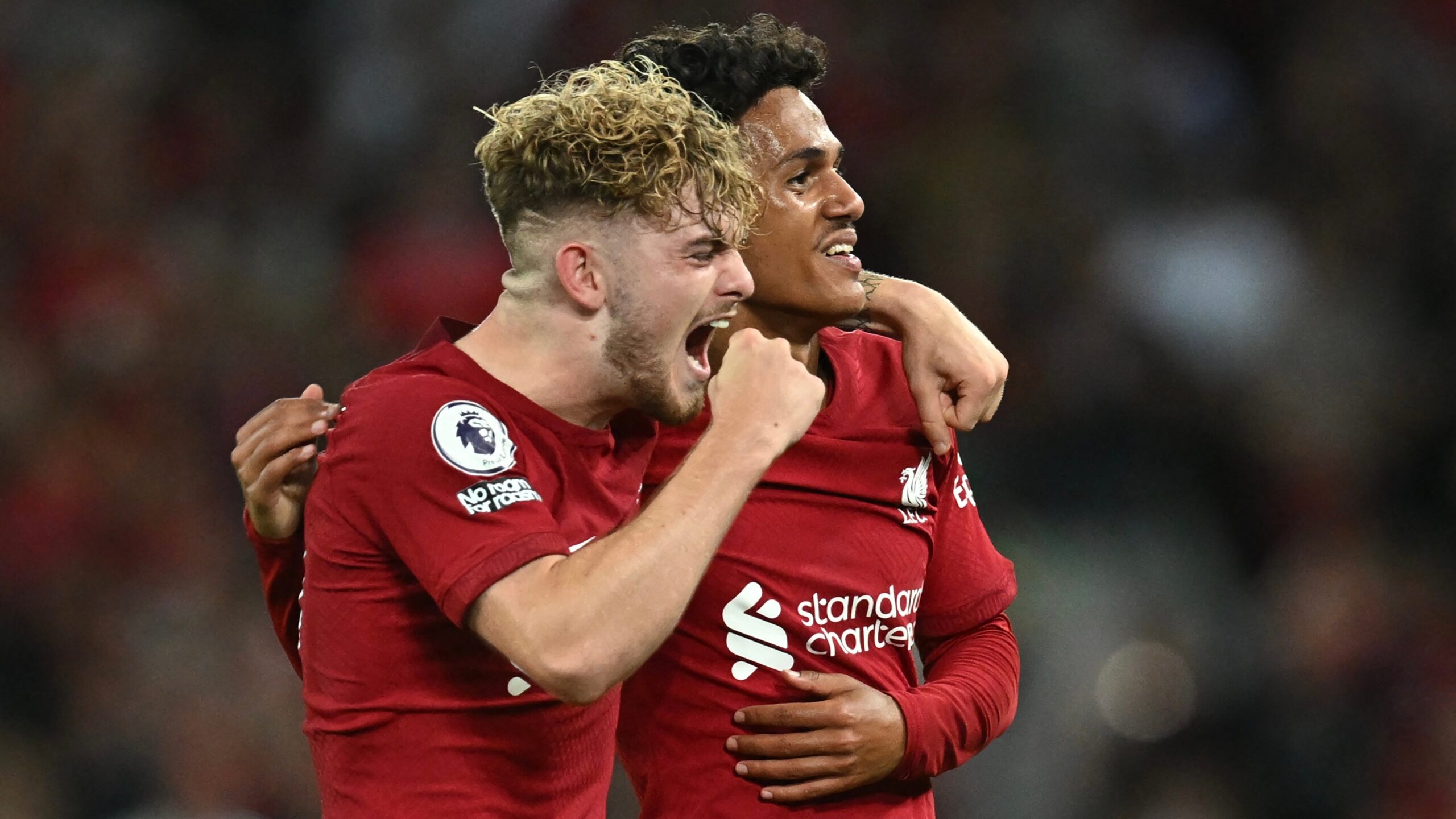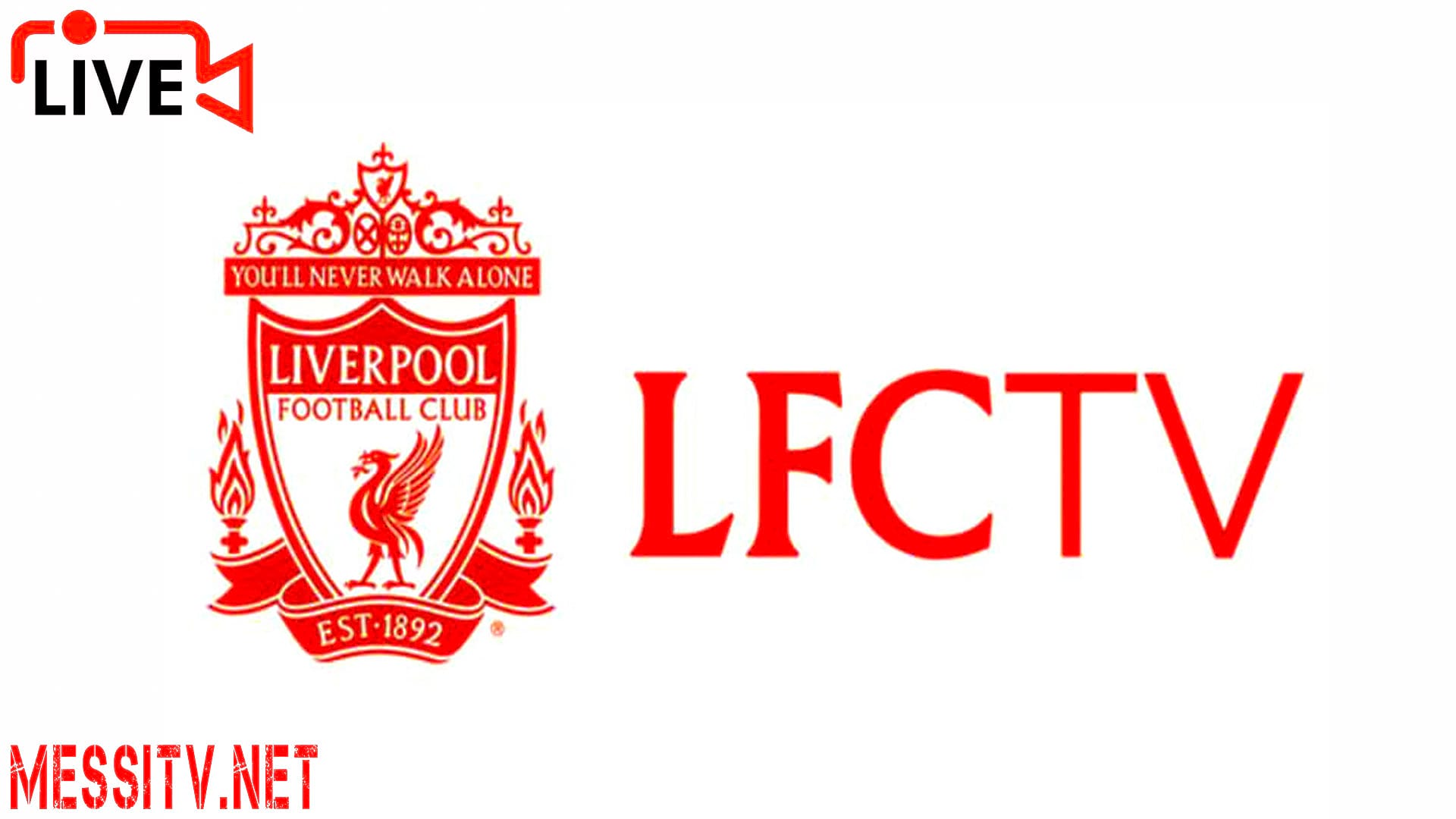Liverpool on TV: From nail-biting match coverage to insightful documentaries, the Reds’ presence on the small screen has shaped their global fanbase and financial success. This comprehensive look explores the club’s television history, current broadcast deals, and the multifaceted impact of TV coverage on Liverpool’s legacy and future.
We delve into the schedules of upcoming matches, examining broadcast rights across various regions and comparing the commentary and analysis offered by different channels. We also explore the financial implications of lucrative television deals, comparing Liverpool’s revenue streams to other Premier League giants. Furthermore, we investigate the evolving relationship between television, social media, and the club’s global fanbase, examining how these platforms shape public perception and fan engagement.
Liverpool Football Club TV Coverage: Liverpool On Tv
Liverpool Football Club’s global popularity is significantly amplified by its extensive television coverage. This article delves into various aspects of Liverpool’s presence on television, from current season broadcast schedules to the historical impact of TV on the club’s fanbase and finances.
Liverpool Football Club TV Coverage: Current Season
The broadcast rights for Liverpool matches vary across different countries and regions. Determining the exact schedule requires consulting local television listings closer to match dates. However, a general overview can be provided.
| Date | Time (GMT) | Channel | Region |
|---|---|---|---|
| October 28, 2023 | 14:00 | BT Sport 1 (Example) | United Kingdom |
| November 4, 2023 | 16:30 | NBC Sports (Example) | United States |
| November 11, 2023 | 19:00 | beIN SPORTS (Example) | Middle East |
Note: This is a sample schedule and actual broadcast details may vary. Check your local listings for accurate information.
Historical Liverpool Matches on TV

Television has played a crucial role in shaping Liverpool’s global appeal. Key moments captured on screen have cemented the club’s place in football history and captivated audiences worldwide.
A timeline illustrating key historical matches broadcast on television would be extensive, but some significant examples include the 1977 European Cup Final (BBC), the 1984 European Cup Final (ITV), and the 2005 Champions League Final (ITV). The impact of television coverage was particularly profound during the club’s dominant era in the 1970s and 80s, significantly expanding their fanbase beyond Merseyside.
- 1977 European Cup Final (BBC): Liverpool’s victory over Borussia Mönchengladbach.
- 1984 European Cup Final (ITV): Liverpool’s win against Roma.
- 2005 Champions League Final (ITV): The “Miracle of Istanbul” against AC Milan.
- 2019 Champions League Final (BT Sport): Victory over Tottenham Hotspur.
- 2022 FA Cup Final (ITV): Victory over Chelsea.
Liverpool’s TV Deals and Revenue, Liverpool on tv
Liverpool’s television broadcasting rights generate substantial revenue, crucial for the club’s financial stability and ability to compete at the highest level. The revenue is derived from both domestic (Premier League deals) and international broadcast agreements. Liverpool’s TV revenue is comparable to other top Premier League clubs, though precise figures vary annually and are subject to commercial confidentiality.
These deals are structured to ensure a fair distribution of revenue among Premier League clubs, while also recognizing the global appeal of Liverpool and the value of their matches to broadcasters. The revenue significantly contributes to the club’s overall financial stability, supporting player transfers, stadium improvements, and operational costs.
Impact of TV Coverage on Liverpool’s Fanbase
Television broadcasts have significantly expanded Liverpool’s global fanbase. The accessibility of matches through various channels has introduced the club to new audiences worldwide. Social media platforms further amplify the reach of television coverage, fostering online communities and discussions among fans globally.
Further details about 8 first street manchester united kingdom is accessible to provide you additional insights.
- Increased global reach and brand awareness.
- Enhanced fan engagement through interactive broadcasts and social media.
- Strengthened sense of community among supporters worldwide.
Alternative Ways to Watch Liverpool Matches
Beyond traditional television, several streaming services offer access to Liverpool matches. The availability of these services and their features vary by region.
| Platform | Cost | Region | Features |
|---|---|---|---|
| LFCTV GO (Example) | Subscription Fee | Worldwide (with restrictions) | Live matches, highlights, behind-the-scenes content |
| Paramount+ (Example) | Subscription Fee | United States | Live matches, on-demand content |
| DAZN (Example) | Subscription Fee | Various Regions | Live matches, highlights, replays |
Note: This is not an exhaustive list, and availability and pricing may change.
Liverpool on Documentary Television

Numerous documentaries and television programs have showcased Liverpool’s rich history and cultural impact. These programs often explore specific eras, significant players, and memorable matches.
- Anfield: Home of Liverpool FC (Example): This documentary series explores the history of Anfield Stadium and its significance to the club.
- The Spirit of Shankly (Example): Focuses on the Bill Shankly era and its impact on Liverpool’s identity.
- This is Anfield (Example): A documentary providing an insider’s look at the club.
For example, a documentary focusing on the 1970s and 80s might employ a nostalgic tone, blending archival footage with interviews from players and fans to recreate the atmosphere of Liverpool’s success during that era. The overall style would likely be celebratory, emphasizing the team’s achievements and the passionate fanbase that fueled their triumphs.
Liverpool’s journey on television is a compelling narrative of sporting success, financial strategy, and global brand building. From historical triumphs showcased on classic broadcasts to the modern era of streaming and social media amplification, the club’s relationship with television has been pivotal in its rise to global prominence. The future undoubtedly holds further opportunities for growth and engagement as Liverpool continues to dominate the pitch and captivate audiences worldwide.

